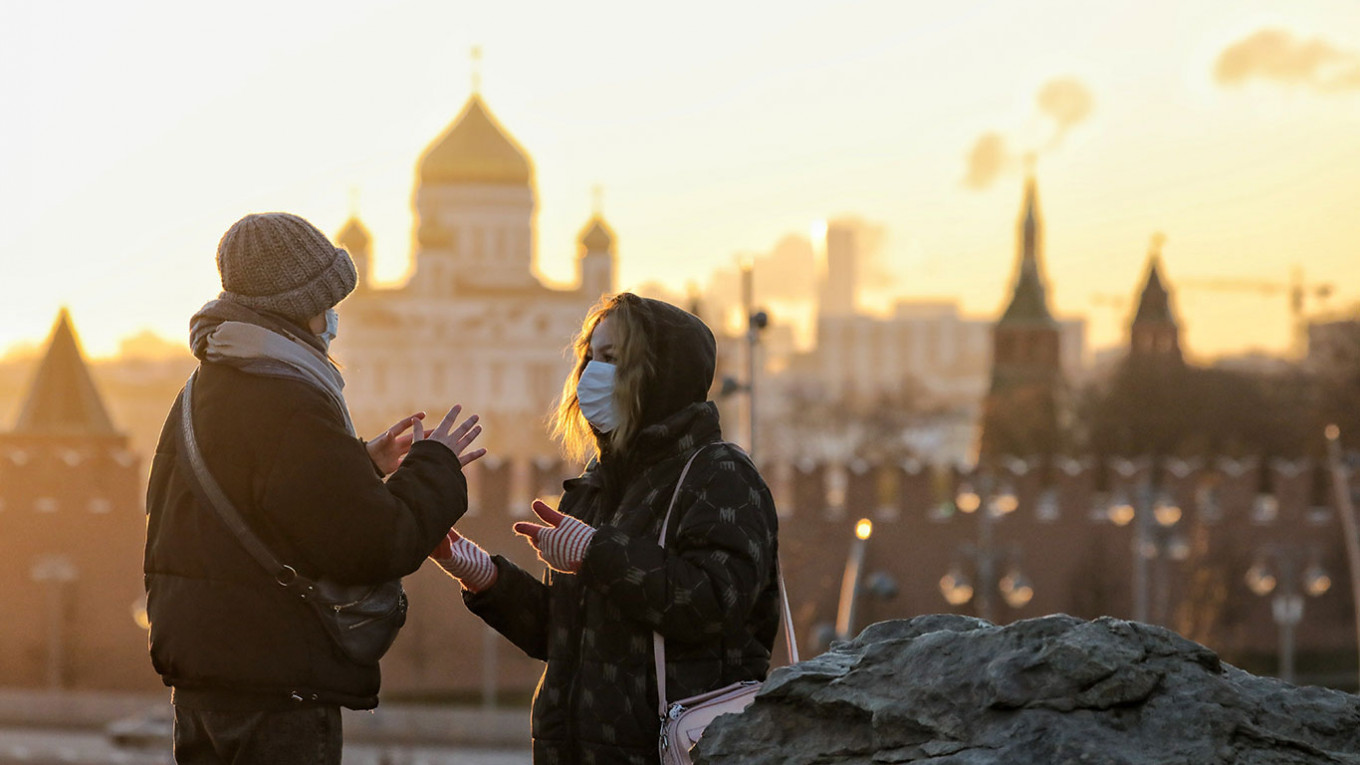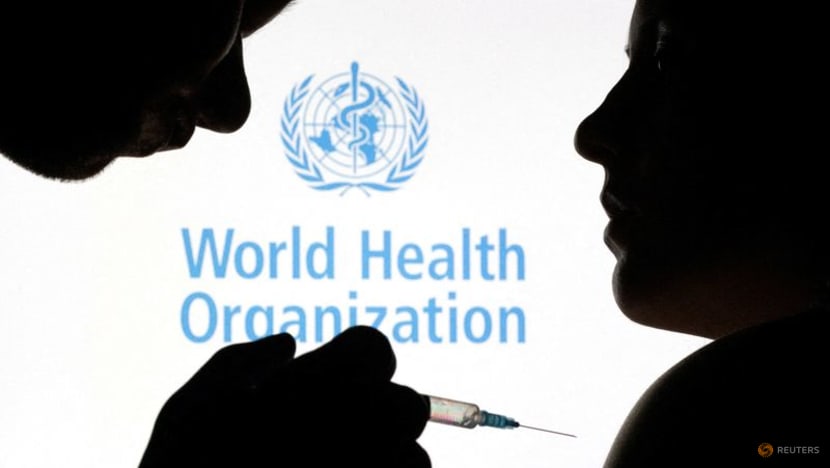FEMICIDE IS LEGAL
Russian Laws ‘Enough’ to Combat Domestic Violence – KremlinRussia decriminalized first-time abuse offenses in 2017
Dec. 16, 2021

Sofia Sandurskaya / Moskva News Agency
Russia's laws adequately protect victims of domestic violence, the Kremlin said Thursday, a day after Europe’s top rights court ordered Russia to pay damages to four victims for failing to properly investigate their abuse cases.
President Vladimir Putin’s spokesman Dmitry Peskov defended the status quo after one of the high-profile victims expressed hope that the European Court of Human Rights (ECHR) ruling would prompt Russia to push through legislative changes. Peskov’s comments also contradict a Russian Constitutional Court ruling in April that ordered stronger laws to punish repeat domestic violence offenders.
NEWS
Russia's laws adequately protect victims of domestic violence, the Kremlin said Thursday, a day after Europe’s top rights court ordered Russia to pay damages to four victims for failing to properly investigate their abuse cases.
President Vladimir Putin’s spokesman Dmitry Peskov defended the status quo after one of the high-profile victims expressed hope that the European Court of Human Rights (ECHR) ruling would prompt Russia to push through legislative changes. Peskov’s comments also contradict a Russian Constitutional Court ruling in April that ordered stronger laws to punish repeat domestic violence offenders.
NEWS
European Rights Court Orders Russia to Pay Damages to Domestic Abuse Victims READ MORE
“We believe that the current legislation provides all the necessary tools to combat this evil. Law enforcement agencies are making efforts,” Interfax quoted Peskov as saying.
“Of course, undesirable and sometimes tragic situations happen, we regret that,” Peskov told reporters.
Putin’s press secretary refused to comment on the ECHR ruling, which among others ordered Russia to pay Margarita Gracheva $419,000 for medical expenses and loss of income.
Gracheva, who became a domestic abuse activist after her jealous ex-husband chopped off her hands with an axe in a forest, attempted to sue police for professional negligence to no avail.
Following the ECHR's ruling, she said she was happy with the outcome and hoped Russia would listen.
"There are many of those who are already dead and can't tell their stories anymore," she wrote on Instagram.
Russia decriminalized first-time abuse offenses in 2017, a move that lawmakers had been working to overturn with new legislation before the coronavirus pandemic broke out.
The speaker of Russia’s senate had vowed to resume debate of the country’s delayed domestic violence bill as soon as “circumstances permit.”
But the bill’s prospects remain unclear after lawmakers prioritized legislation mandating QR code health passes nationwide, another politically charged subject.
Domestic abuse cases more than doubled to 13,000 in April 2020 from 6,000 in March 2020, when Russia imposed strict lockdown measures, Russia’s human rights ombudsperson said at the time.
The United Nations has warned of a “growing crisis within a crisis” of domestic violence cases doubling during Covid-19 lockdowns.
























